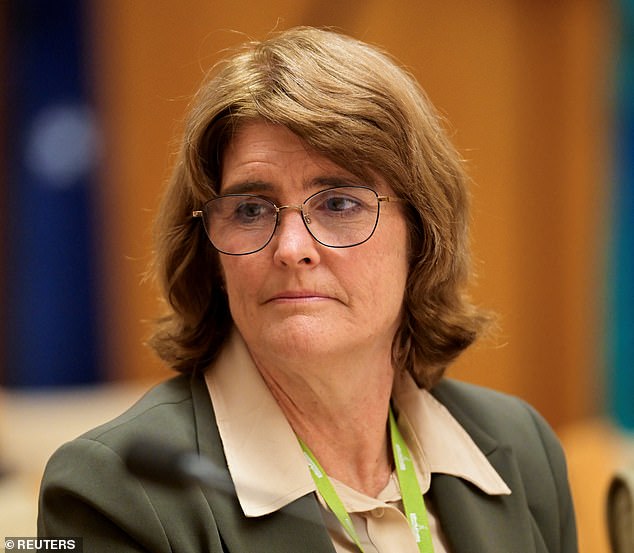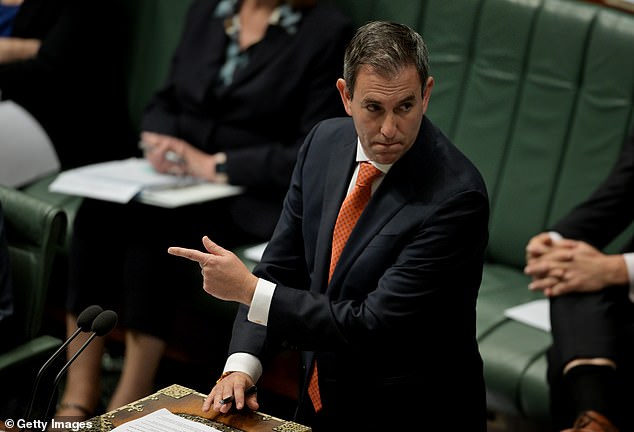According to the latest quarterly economic data, public spending grew seven times faster than the national economy.
This tells us all we need to know about the unsustainable mismatch between Labour’s economic strategy and the current state of the national economy.
And that overspending is fuelling inflation, which is why the Reserve Bank of Australia (RBA) won’t cut interest rates to help Australians struggling with cost-of-living pressures.
The economy grew a paltry 0.2 percent in the last quarter, even though public spending increased by 1.4 percent.
No wonder the RBA thinks government spending is the problem, as it stands firm despite childish attacks from Treasurer Jim Chalmers as it tries to deflect blame.
And all this is happening during the lowest annual growth of the Australian economy since the 1991 recession, in addition to the impact suffered globally during the pandemic, of course.
Chalmers would have us believe that he needs to continue spending as he does for economic reasons, when in fact his reasons for doing so are purely political.
The Labour Party has an election to win and hopes to buy your vote.
RBA Governor Michele Bullock wants state and federal governments to rein in their spending to help reduce inflation. Without their help, she will not be cutting interest rates anytime soon.
And by the way, the latest economic figures also reveal once again that productivity is at rock bottom.
Treasurer Jim Chalmers (pictured) is trying to point the finger at someone other than himself as Australia’s economy continues to falter.

RBA Governor Michele Bullock (pictured) won’t cut interest rates unless governments stop spending too much
I hope this Labour government appreciates the irony. The latest economic data prove once again that the only reason we are not in a technical recession is high immigration.
Without those additional workers in the workforce, the economy would have already been in decline month after month for years.
The length of the recession could be called a depression if unemployment were not as low as it is.
Yet Labour is desperate to tell anyone who will listen that it hopes to reduce the influx of migrants in the coming years, in a desperate attempt to ease pressure on housing stock.
Labour has pledged to build 1.25 million new homes and has no chance of meeting its target before the planned date.
Maybe reducing immigration is a good thing, maybe not. In any case, fewer immigrants increase the chances of a recession.
It’s not that Australians need a technical recession to feel the effects. That’s already happening.
We can only hope that unemployment does not start to rise in these times of low productivity, because if it does, the economic pain currently being felt will become much more acute.


